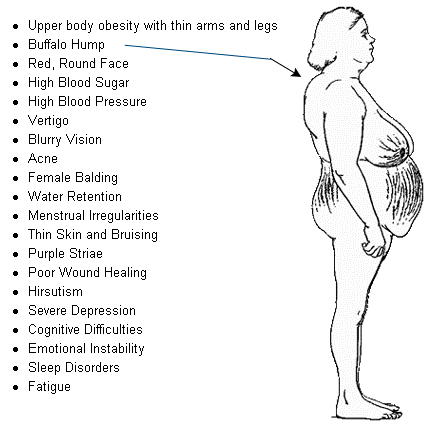The drug of choice for methicillin-resistant staphylococcus aureus (MRSA) is:
Gentamicin
Nafcillin
Vancomycin
Penicillin
The Correct Answer is C
A. Gentamicin: Gentamicin is an aminoglycoside antibiotic effective against many bacteria, but it's not the first choice for MRSA. Vancomycin or other alternatives are preferred due to the rising resistance of MRSA to gentamicin.
B. Nafcillin: Nafcillin is a penicillin antibiotic, often used for penicillin-sensitive staphylococcal infections. However, it is not effective against MRSA, which is resistant to many penicillin-based antibiotics.
C. Vancomycin: Vancomycin is a glycopeptide antibiotic used to treat a variety of bacterial infections, including MRSA. It works by inhibiting cell wall synthesis in bacteria, making it effective against Gram-positive bacteria that have developed resistance to other antibiotics like methicillin (which MRSA has).
D. Penicillin: Penicillin is a group of antibiotics that includes drugs like amoxicillin and ampicillin. MRSA is resistant to penicillin-based antibiotics, so they are not effective against MRSA infections.
Nursing Test Bank
Naxlex Comprehensive Predictor Exams
Related Questions
Correct Answer is C
Explanation
A. Dermatitis and headaches: Prednisone use can sometimes cause skin issues, but dermatitis is not a common side effect. Headaches can also occur, but they are not specific to long-term prednisone therapy.
B. Heart failure and headaches: Prednisone does not directly cause heart failure. Headaches can occur but are not specific indicators of prednisone side effects.
C. Hyperglycemia and osteoporosis: Prednisone can lead to elevated blood glucose levels (hyperglycemia) and increased bone loss (osteoporosis) when used long-term. Regular monitoring is essential to manage these potential side effects.
D. Weight loss and hypoglycemia: Prednisone can cause weight gain rather than weight loss. Hypoglycemia (low blood sugar) is not a common side effect of prednisone; it typically causes hyperglycemia (high blood sugar) instead.

Correct Answer is B
Explanation
A. "You have developed urticaria in response to something in your environment."
This statement is incorrect. Urticaria refers to hives, a skin rash usually caused by an allergic reaction, infection, or stress. It's not necessarily indicative of an autoimmune disease.
B. "Your immune system is creating antibodies that are destroying your own cells."
This statement is correct. Autoimmune diseases involve the immune system mistakenly attacking the body's own cells and tissues, leading to various health issues.
C. "Your immune system is not able to create antibodies to help you fight infection."
This statement is incorrect. In autoimmune diseases, the immune system is overactive, producing antibodies that target the body's own cells, not that it can't create antibodies.
D. "You have developed an infection that is destroying your immune cells."
This statement is incorrect. Infections don't typically destroy immune cells; instead, infections often stimulate the immune system to respond and fight against invading pathogens.
Whether you are a student looking to ace your exams or a practicing nurse seeking to enhance your expertise , our nursing education contents will empower you with the confidence and competence to make a difference in the lives of patients and become a respected leader in the healthcare field.
Visit Naxlex, invest in your future and unlock endless possibilities with our unparalleled nursing education contents today
Report Wrong Answer on the Current Question
Do you disagree with the answer? If yes, what is your expected answer? Explain.
Kindly be descriptive with the issue you are facing.
